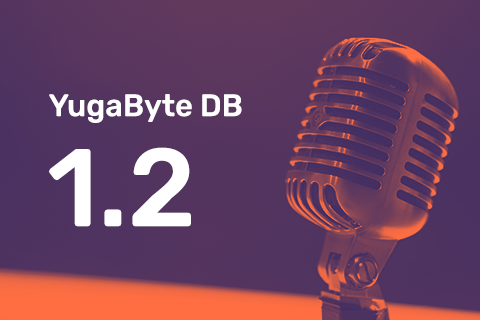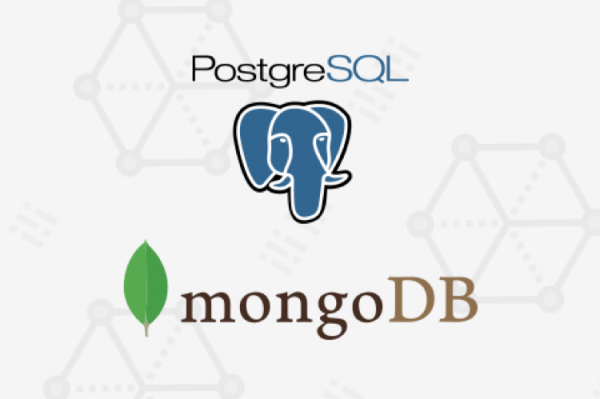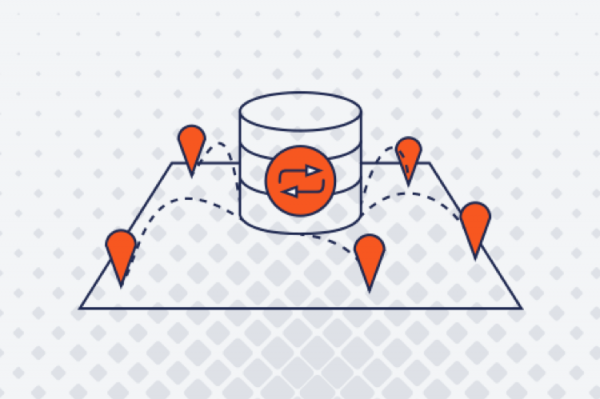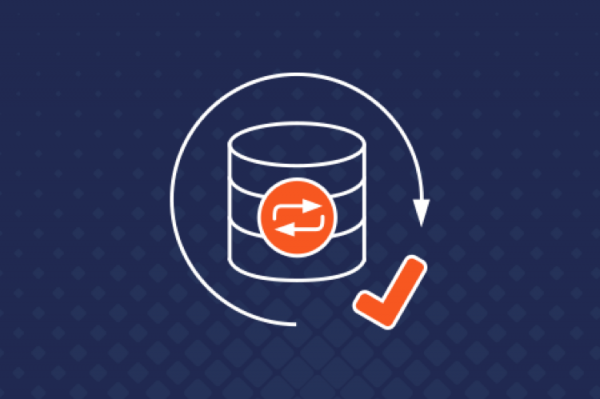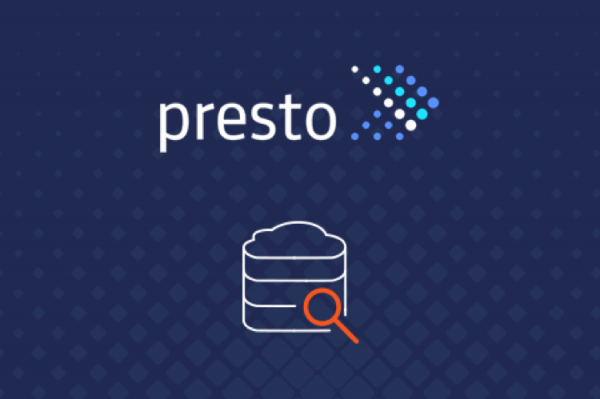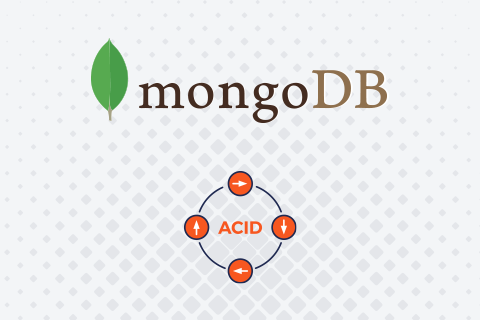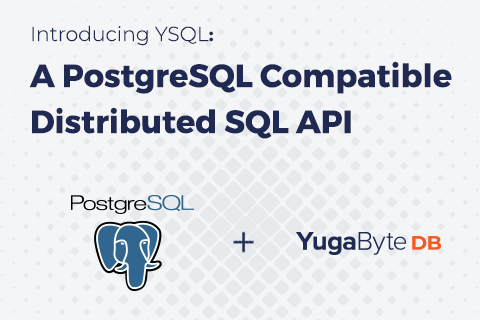Announcing YugabyteDB 1.2 and Company Update
The team at YugaByte is excited to announce that YugabyteDB 1.2 is officially GA! You can download the latest version from our Quick Start page.
New in 1.2: YugaByte SQL Beta 3
YugaByte SQL (YSQL) is our PostgreSQL v11 compatible, distributed SQL API. It is ideal for powering microservices that require low latency, internet scale, geographic data distribution and extreme resilience to failures but want the data modeling flexibility of SQL (joins,
…
